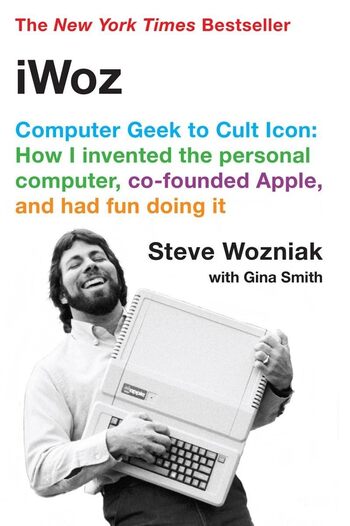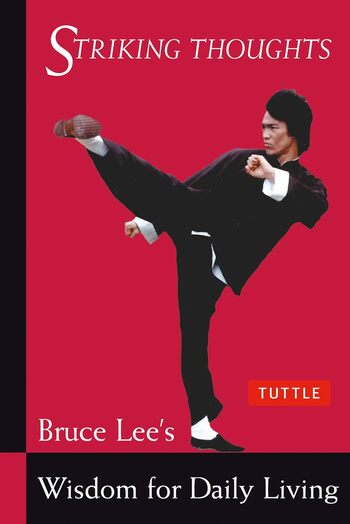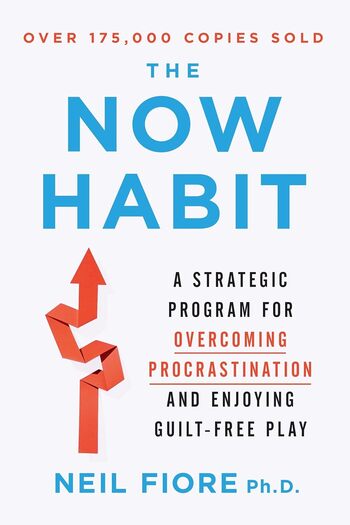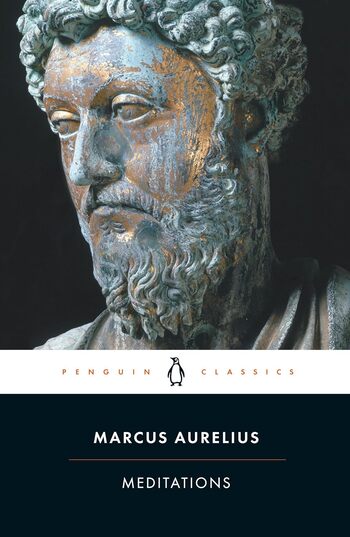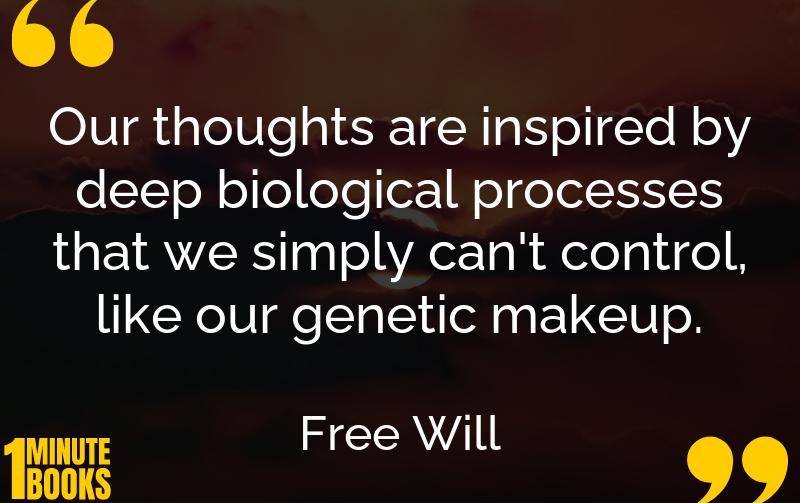
Sam Harris argues that free will is an illusion influenced by subconscious mental processes. Our thoughts and decisions are not consciously controlled, prompting a reevaluation of societal norms, morality, and justice.
Main Lessons
- Free will is an illusion; our actions stem from subconscious mental processes beyond our control.
- Neuroscience reveals that brain activity often precedes conscious decision-making.
- Our genetic and biological makeup influences thoughts and actions more than we realize.
- Awareness allows us to make deliberate choices, though driven by pre-existing brain processes.
- Choice matters, despite actions being biologically predetermined.
- Rethink criminal justice by emphasizing rehabilitation over retribution, considering the absence of free will.
- Public policy should account for the subconscious nature of human decision-making.
- Conservative views on personal responsibility may overlook the role of genetics and luck.
- Understanding subconscious influences helps to shape a more compassionate, fair society.
- Rejecting free will challenges societal norms but can foster more empathetic interactions.
- Social policies should aim to accommodate the inherent uncertainty of human actions and decisions.
- The concept of free will affects how we perceive morality, crime, and personal achievement.
- Acknowledging the illusion of free will can drive positive change and adaptation in society.
- Focus on constructive responses to human behavior, recognizing limits of individual control.
- Understanding our lack of free will encourages mutual support and cooperation within communities.

